EU lawmakers denounce China’s live-fire exercises in Taiwan Strait
Legislators of the European Union have denounced live-fire drills by China in the Taiwan Strait.
Beijing has always said the Chinese Taipei (Taiwan) is part of China and any decision for the fate of the self-ruled island is a domestic Chinese issue.
On Thursday, lawmakers of the European Parliament backed a resolution condemning the military exercises in the strategically-sensitive strait. They urged closer ties between the EU and Taipei.
The so-called resolution, which was supported by 424 lawmakers with 14 against and 46 abstentions, further demanded that the Chinese government refrain from measures that could “destabilize” the Taiwan Strait and undermine regional security.
In August, US House Speaker Nancy Pelosi stirred controversy when she made a brief trip to Taipei and met with its president in what was seen as an affront to Beijing. China reacted by asserting its sovereignty and holding military drills around Taipei for several days.
China has sovereignty over Taipei, and under the internationally-recognized ‘One China’ policy, nearly all countries recognize that sovereignty, meaning they would not establish diplomatic contact with its secessionist government.
The US, too, professes adherence to the principle, but in violation of its own stated policy and in an attempt to irritate Beijing, Washington courts the secessionist government in Taipei, supports its anti-China stance, and supplies it with massive amounts of armaments.
China, which regards Taiwan as one of its provinces, has long said it reserves the right to take the island even by force. Beijing says the matter of differences with Taipei is an internal affair.
The European Parliament resolution also welcomed Lithuania’s plan to open a trade representation office in Taipei, urging member states without such an office in the island to follow Lithuania’s example.
Germany will reduce reliance on Chinese raw materials, products
Separately on Thursday, German Economy Minister Robert Habeck said Berlin was working on a new trade policy with China to reduce reliance on Chinese raw materials, batteries, and semiconductors.
After hosting a meeting of the G7 trade ministers, he said Berlin was determined to impose what he called a “robust trade policy” on Beijing.
“The period when we said trade no matter what, whatever the social or humanitarian standards are” is over, Habeck said. “We will establish a robust trade policy toward China in Europe.”
Germany, like other Western countries, tries to wrest back control of key technologies, such as batteries and semiconductors.
Last year, China, the EU’s key trading partner, accounted for 22.3 percent of the total European imports and 10.3 percent of exports.
Putin says Russia backs China over Chinese Taipei
Russian President Vladimir Putin and Chinese President Xi Jinping met on the sidelines of a summit of the Shanghai Cooperation Organization (SCO) in the Uzbek city of Samarkand later on Thursday.
During the meeting, Putin expressed his firm support of China over Taiwan.
“We intend to firmly adhere to the principle of ‘One China’,” Putin said. “We condemn provocations by the United States and their satellites in the Taiwan Strait.”
Russia is under an array of sanctions by the United States and its European allies over its ongoing “special military operation” in Ukraine, which began on February 24. China, too, is under Western pressure for its “no limits” partnership with Russia.
Iran: US airstrikes on Yemen war crimes, violation of international law
Yemeni armed forces down F-18 fighter jet, repel US-UK attack: Spokesman
Iran warns against US-Israeli plot to weaken Muslims, dominate region
VIDEO | Public uproar in US against Israeli regime
‘Ghost town’: 70% of Jabalia buildings destroyed by Israel
Mother’s Day: Sareh Javanmardi’s inspiring journey as Paralympic champion and mother
Russia downs over 40 Ukrainian drones as Putin vows 'destruction' on Kiev
VIDEO | Yemen: A bone in Israeli neck


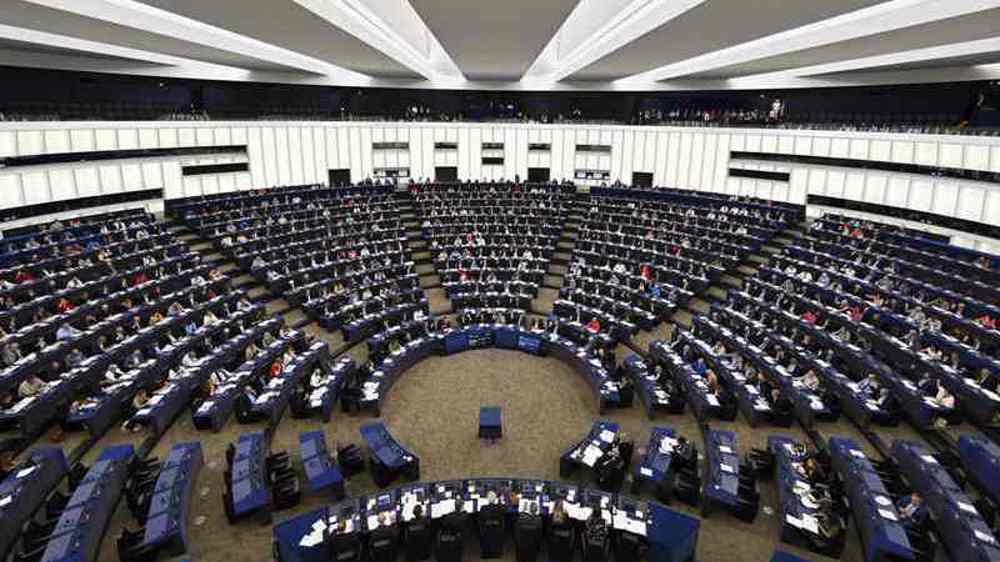
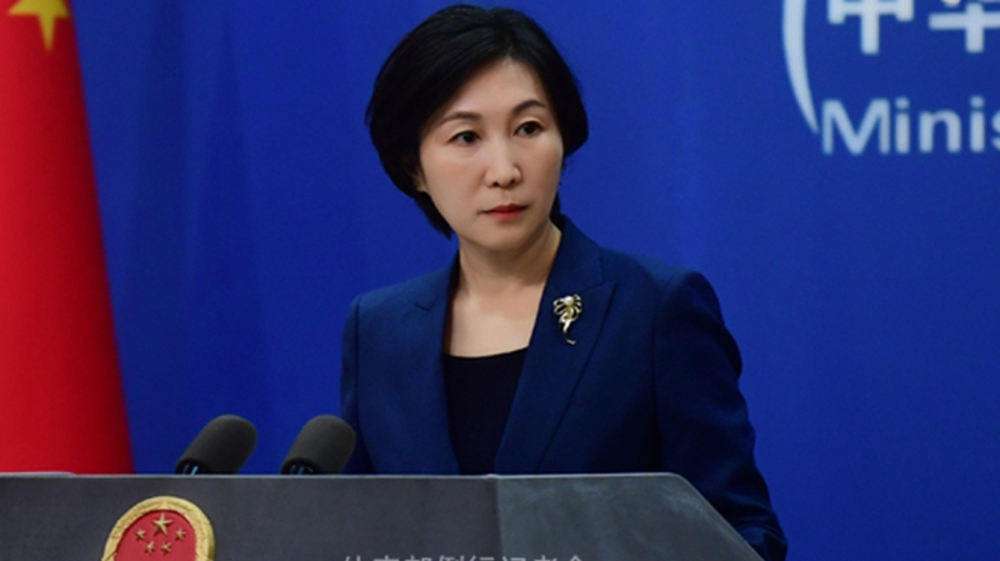
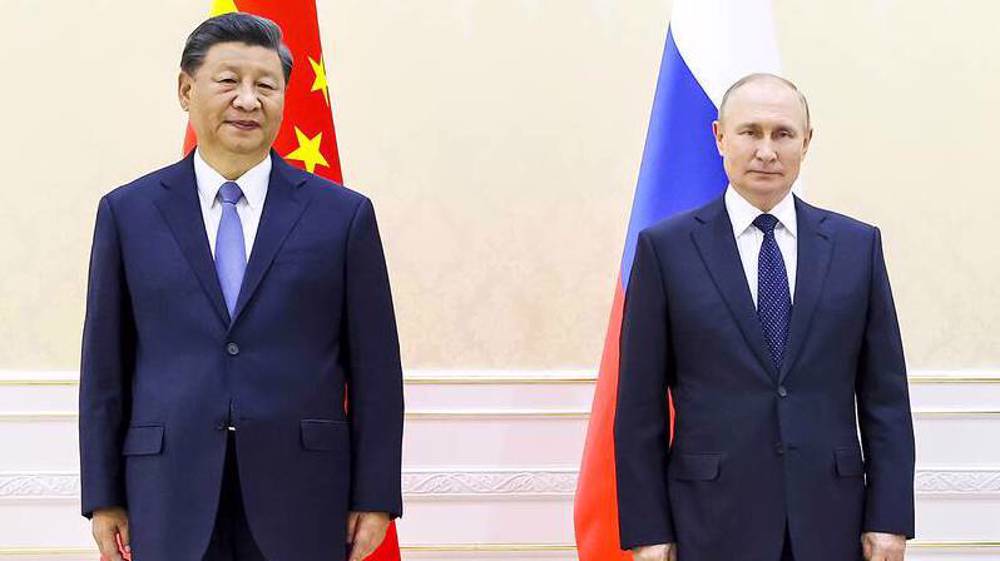
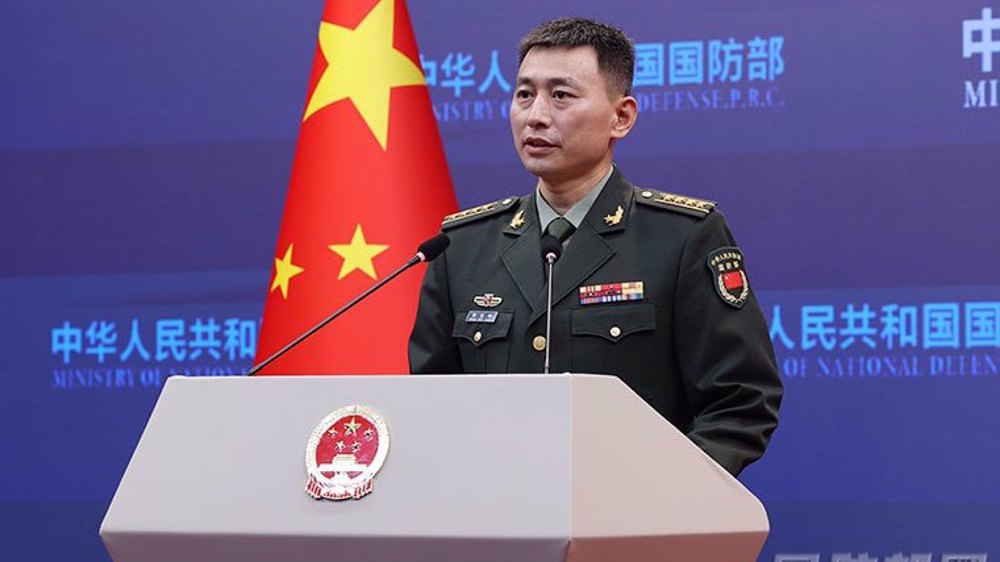
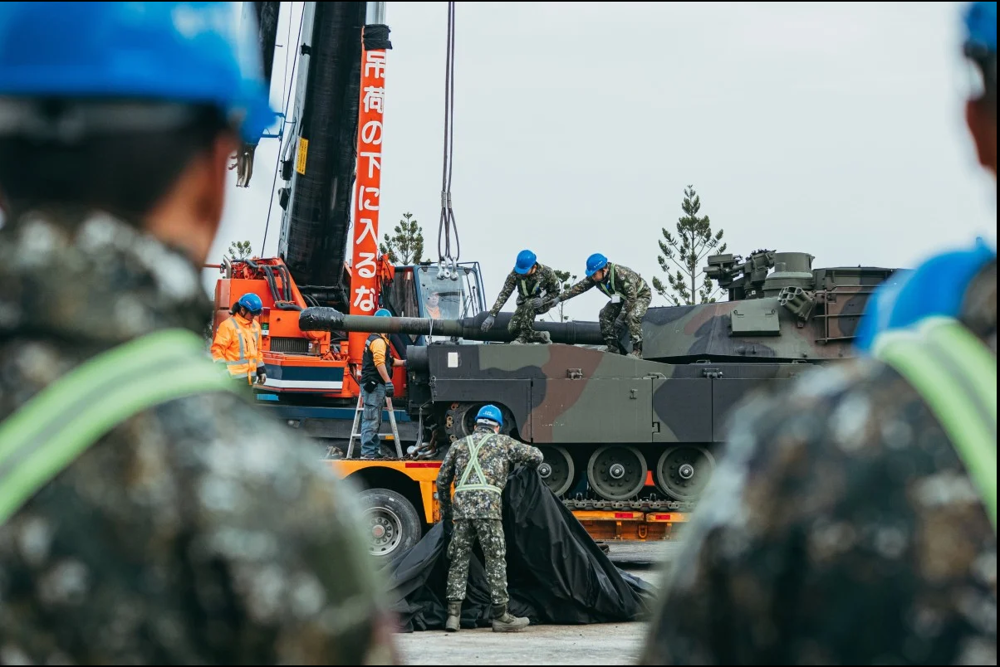





 This makes it easy to access the Press TV website
This makes it easy to access the Press TV website